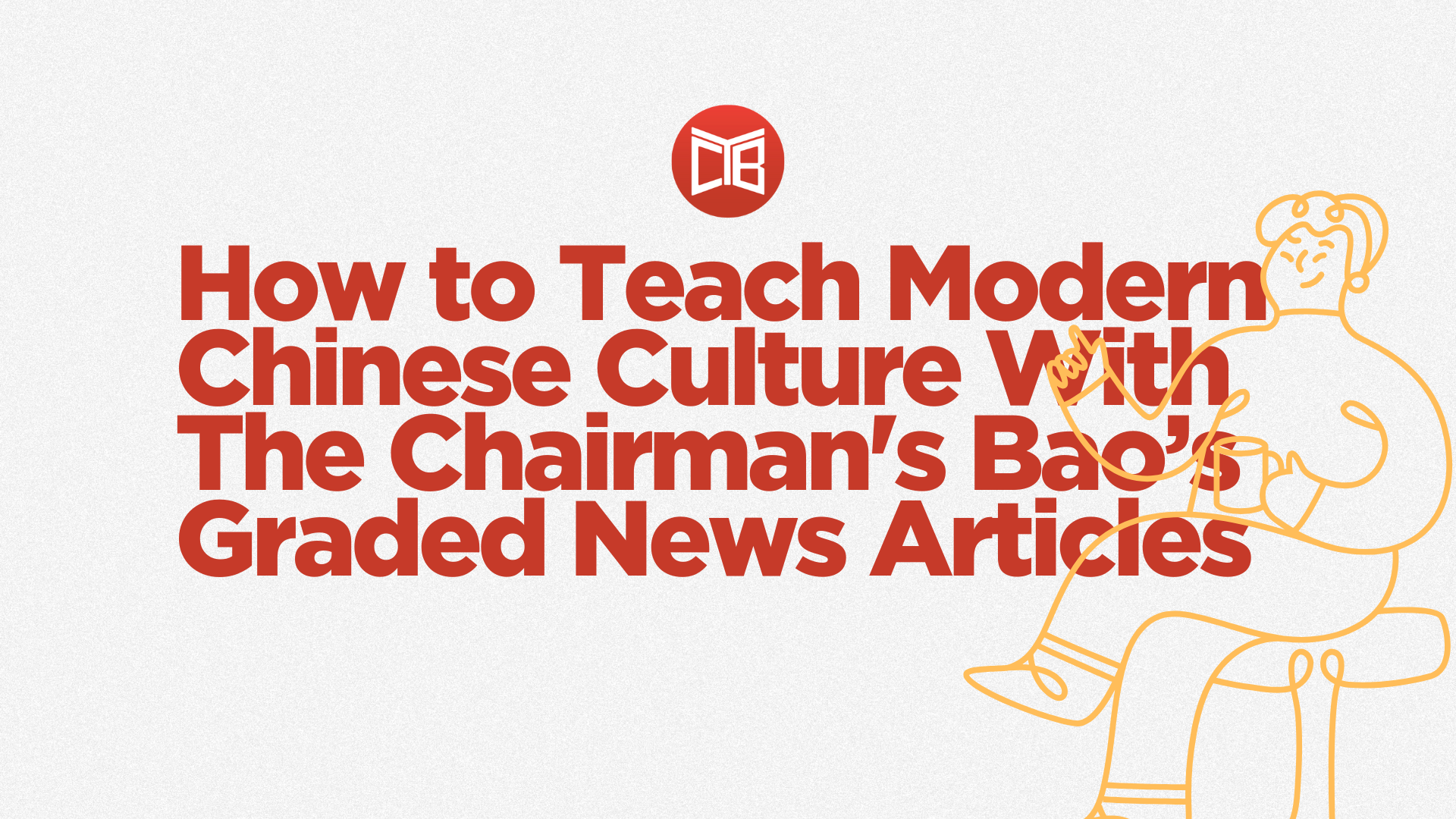
The Chinese word for building connections and maintaining relationships is ‘guanxi’, which also implies the ability to get things done. Guanxi is as relevant in business as in personal lives, which are often one and the same in China.
At first glance, guanxi and its relational approach to business appear closed when compared to the western transactional outlook. In the west, business is put before personal when representing a company, but in China guanxi is often key in the ability to broker a deal. In its worst form, guanxi can lead to corruption and many in the west view it in this negative context, but it is a much more complex concept that is deep-rooted in Chinese society.
As with many words in Chinese, hints to its meaning lie in the make-up of the characters:
關係
The first character guan means pass, which features in the name of one of China’s best-preserved military buildings, Jiayuguan. Jiayuguan is a gate along the Great Wall through which people were banished by Imperial decree in ancient times. Through the other side of the gate lies the Gobi Desert, and beyond that the west, a journey from which very few condemned Chinese ever returned.
The right character xi signifies the relationships between people, which features the human radical. In simplified form, the characters for guanxi lose much of their implied meaning, which again highlights the amount that can be learnt by studying both forms when studying Chinese:
关系
So, if the key to remaining within the safety and protection of the gates is human relationships, it’s apparent the importance that is placed on personal relationships in China and how these can often trump what is seen as good business practice in the west.
The importance of guanxi became ever more important during the Cultural Revolution of the 1960s and 1970s. As families were often encouraged to report on each other to enforce communism, guanxi became an important way to build and maintain trust within communities. Then, as China’s market economy developed, business continued to be conducted through personal networks as a lack of formal contracts and legal framework meant that it was a way of ensuring trust. For these reasons, Chinese companies still feel more comfortable doing business with enterprises to which they have a personal connection, which is equally important for western companies trying to establish a strong foothold in China.
That said, guanxi is not something that can be developed overnight, rather it is something that you will carry with you for your whole life. Whereas in the old boy networks still prevalent in western business circles there may be no expectation of reciprocation for favours granted, in Chinese culture you can be called upon to return a favour even if you have drifted years apart. I am reminded of a wealthy Chinese friend who treated me to many enjoyable evenings in Shanghai, who then expected me to be able to help his friend of a friend attain a visa to visit the UK. Despite me explaining I had no way of helping out, he was extremely perturbed at my apparent inability to return his favours.
In recent years, the negative side of guanxi has come under scrutiny in China, particularly on social media. Scandals such as that of Li Qiming, the son of prominent government official Li Gang, have rocked the country and caused divides. Li taunted ‘Sue me if you dare, my Dad is Li Gang!’ after the car he was drunkenly driving killed and injured two young university students, which quite rightly sparked outrage throughout China. Li was subsequently sentenced to six years in jail and his dad was shown weeping on television by way of national apology.
Whilst guanxi in China isn’t everything, it is still very important both when conducting business and living in China. However, China has an extremely competitive business environment that has opened rapidly to western business practices, so it is by no means an unsurmountable barrier to entry. Choosing strong partners with a reputation for long-term commitment and experience in helping western companies bridge the gap with China will increase your chances of being granted access to their extended networks… just note that they will expect the same in return should it ever be required!























